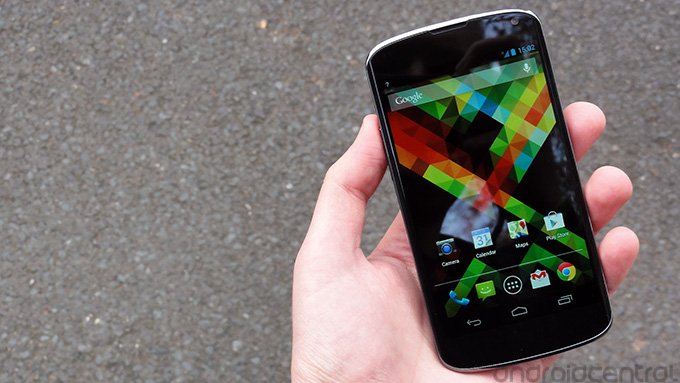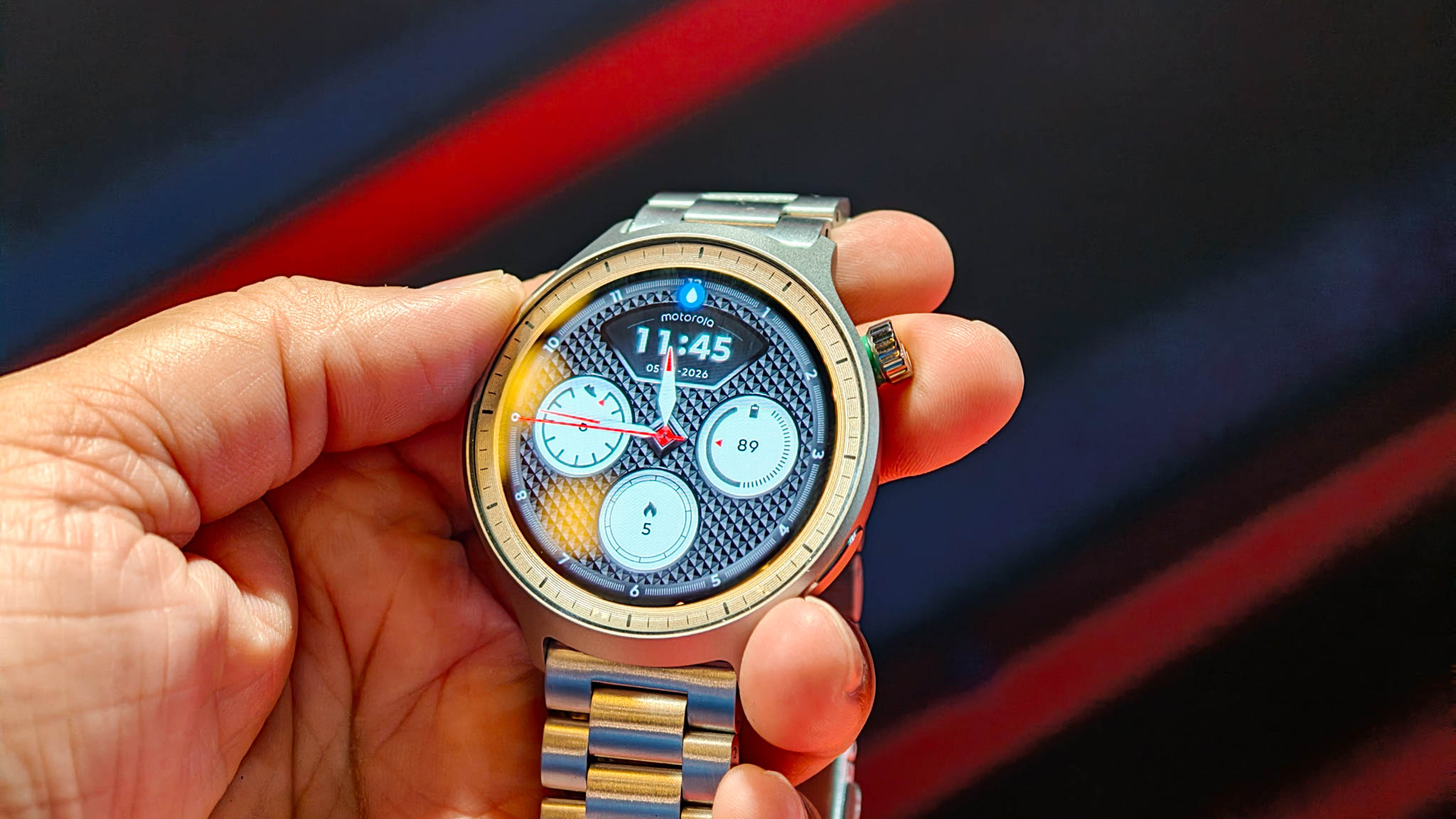No, your Nexus 4 won't magically grow LTE support (updated Nov. 23)

Ed. Note: This story was updated several times on Nov. 23, 2012, in the wake of the news that the Nexus 4 indeed can receive LTE data on Band 4, otherwise known as AWS. The original updates to this story (and a temporary change to the headline) altered the text more than they should have. While it's still arguable as to the ramifications of this LTE discovery, we should not have re-edited the text. We have since restored this post in its entirety, which you can read below. - Phil
It takes more than a chip to enable 4G connectivity
Ever since a recent iFixit teardown revealed the presence of a Qualcomm WTR1605L 4G LTE-capable radio chip in the Nexus 4, there's been a lot of speculation as to what it might mean. Conventional wisdom suggests that LG wouldn't just include extraneous silicon in the device unless it was planning to use it for something.
That's led some to believe that the current Nexus 4, a device advertised with HSPA+ connectivity, might actually be hiding LTE support to be unlocked in a future software update. Or maybe it could be possible to root the Nexus 4 and, you know, use mad hacking skills or something to unlock LTE on the device.
All of those things are wrong.
First, let's look at why the Nexus 4 might include a radio chip with features it's not using. As was reported in the run up to the Nexus 4's announcement, at a hardware level the Nexus 4 is basically an Optimus G. That device does support LTE -- many flavors of it, in fact. Given the economies of scale involved in mass-manufacturing smartphones, it's likely that it'd work out cheaper for LG to manufacture similar or identical boards for both phones than it would to design and create a separate non-LTE PCB for the Nexus alone.
What this also means is that a future Nexus 4 model might well support LTE, and that the presence of this chip in existing designs might make this easier to achieve in some future LTE-enabled Nexus (not to mention easier to manufacture alongside the HSPA+ version). We've discussed this possibility on a recent Android Central podcast, and come to the conclusion that it's highly likely that an LTE Nexus 4 might appear at some point next year. If such a phone was in the works, it'd make sense from a manufacturing standpoint that there might be some hardware crossover.
Get the latest news from Android Central, your trusted companion in the world of Android
But it doesn't mean you'll be able to simply unlock this dormant LTE capability for use on your existing Nexus 4. Sure, Nexus devices are among the most hacker-friendly smartphones around, but it takes more than a chip and a bit of software hackery to enable 4G connectivity. In order to take advantage of LTE on commonly-used U.S. and European bands, your Nexus 4 would need a fresh bundle of antennae within the chassis (which FCC filings reveal the phone lacks). It'd also need specially designed radio firmware (proprietary, closed-source stuff) and redesigned power management systems to manage the additional juice needed to run LTE.
That's way, way more than can be achieved through rooting and hacking a Nexus. The closest anyone's ever come to this is with the AT&T Galaxy Note, where hackers managed to enable 1700MHz T-Mobile HSPA support by flashing radio firmware from another phone. That's a world away from what would be required to successfully use the Nexus 4's LTE chip.
And let's not forget that the current Nexus 4 model isn't certified for use on LTE bands in the United States. So even if it were somehow possible to modify the phone to run on LTE networks, using such a device in the U.S. would be illegal.
Then there's the fact that if Google was able to create an unlocked LTE and HSPA+ phone for this price, there's no way they'd lock out LTE support. If all the necessary LTE hardware was in place in the existing Nexus 4, you can bet your ass Google would already be using it -- and that it would've sold out even more quickly.
Bottom line: Your HSPA+ Nexus 4 is still a HSPA+ Nexus 4 -- a single chip doesn't change that. There's a chance we might see a full 4G LTE support on a future Nexus 4 model, but it'll take more than software to get us there.
','

Alex was with Android Central for over a decade, producing written and video content for the site, and served as global Executive Editor from 2016 to 2022.
